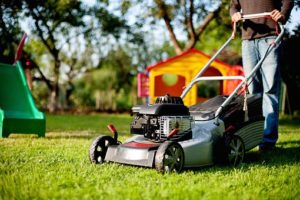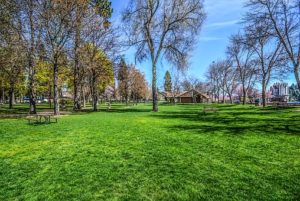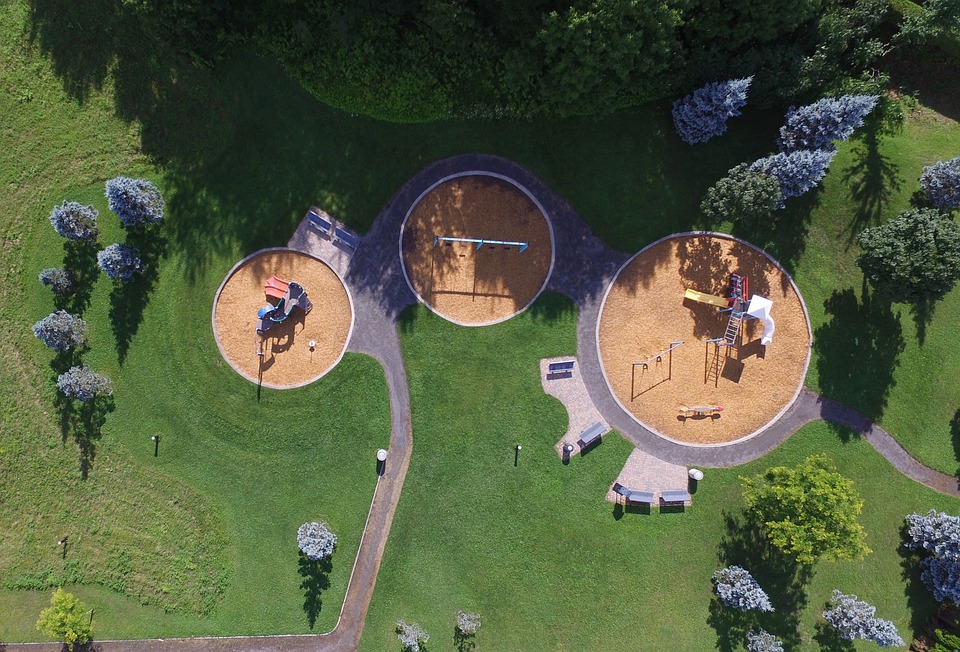To many people lawn maintenance may not look as a much of a task, and if you happen to be one of those many people who perceive lawn care to be a simple task of watering and mowing, then it is about time you change your perception. While tasks like mowing, watering, fertilization and aeration are the essential tasks and are the most repeated aspects of landscaping, equipping yourself with proper knowledge and know-how in undertaking such tasks is very beneficial. To keep a healthy and beautiful lawn you can utilize basic tips on lawn care and maintenance as shown below:
Mowing
Mowing is the cutting of the grass on your lawn to a required height after a specified period. Mowing stresses grass and if it is not done appropriately, it can result in tattered and brown grass which can negatively affect the lawn appearance and also risk the health of your turf. To minimize such stress you should do your mowing in the morning or in the evening. Avoid mowing during the day when the sun is up because the heat can cause the grass to go into shock. Do not also mow when the grass is wet. This will prevent the transfer of diseases from one plant to another and it also makes mowing easier.
the grass on your lawn to a required height after a specified period. Mowing stresses grass and if it is not done appropriately, it can result in tattered and brown grass which can negatively affect the lawn appearance and also risk the health of your turf. To minimize such stress you should do your mowing in the morning or in the evening. Avoid mowing during the day when the sun is up because the heat can cause the grass to go into shock. Do not also mow when the grass is wet. This will prevent the transfer of diseases from one plant to another and it also makes mowing easier.
Watering
Your lawn needs to be watered properly and regularly so that the plants can flourish. The rain usually provides most of the water required by plants but in some drier areas watering needs to be done at least weekly. To avoid over-watering you should determine how much your sprinklers apply. This will assist you in determining how long you need to water your lawn. You should also ensure that you are getting uniform coverage of water across your lawn. The appropriate time to water your lawn is early in the morning or early in the evening.
Fertilization
Doing fertilization will help your plants grow in a healthy way and have a dense stand of turf. The lawn also maintains a deep green color that overrides weeds if there are any. Use the appropriate tool to apply fertilizer. Additionally take into consideration the grass you have on your lawn so as to determine which type of fertilizer you need or consult a specialist.
Secondary maintenance
 Though this maintenance may not be considered necessary for the growth of the grass, but it is useful in improving the lawn’s quality. The practices carried out at this level include aeration which assists in water infiltration, over-seeding to help the grass grow thicker and dethatching which eliminates excess thatch which can keep nutrients from entering the soil.
Though this maintenance may not be considered necessary for the growth of the grass, but it is useful in improving the lawn’s quality. The practices carried out at this level include aeration which assists in water infiltration, over-seeding to help the grass grow thicker and dethatching which eliminates excess thatch which can keep nutrients from entering the soil.

